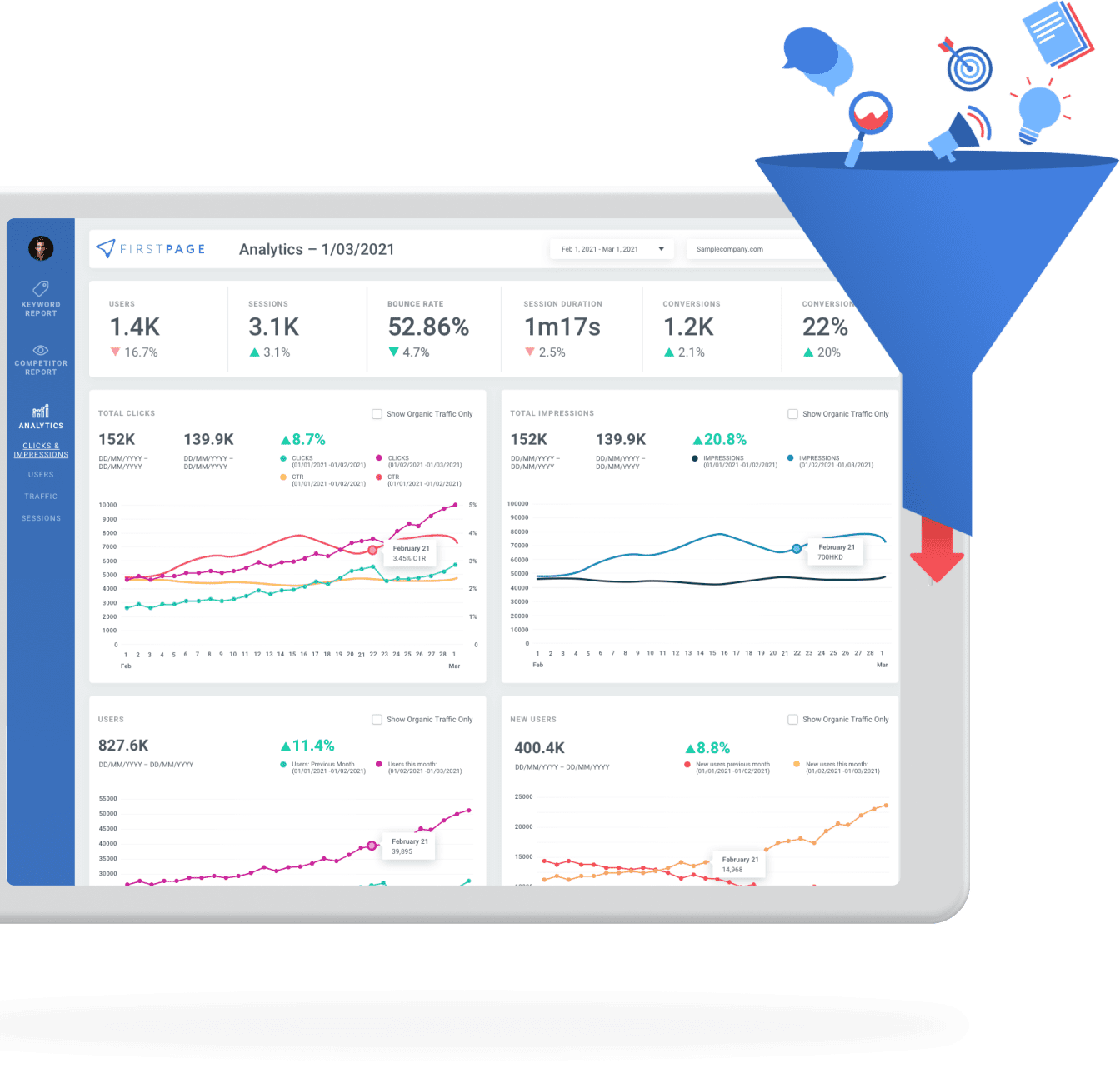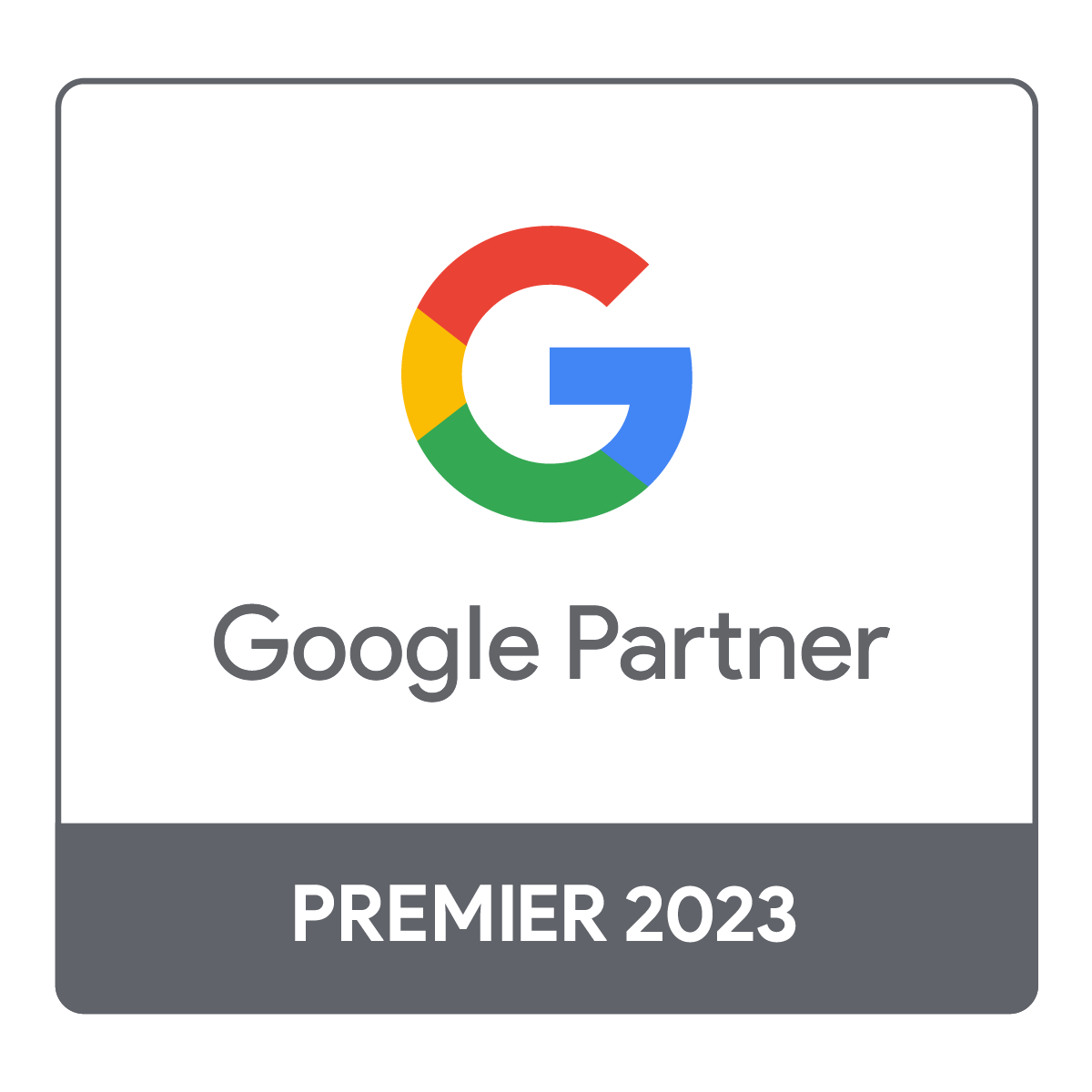From ambitious start-ups to Fortune 500 companies, our google ads agency in Dublin works alongside brands to amplify their revenue.
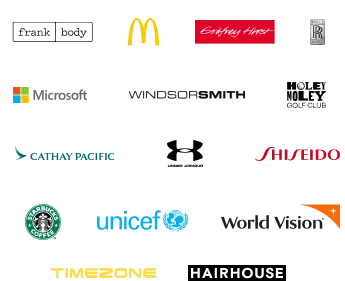

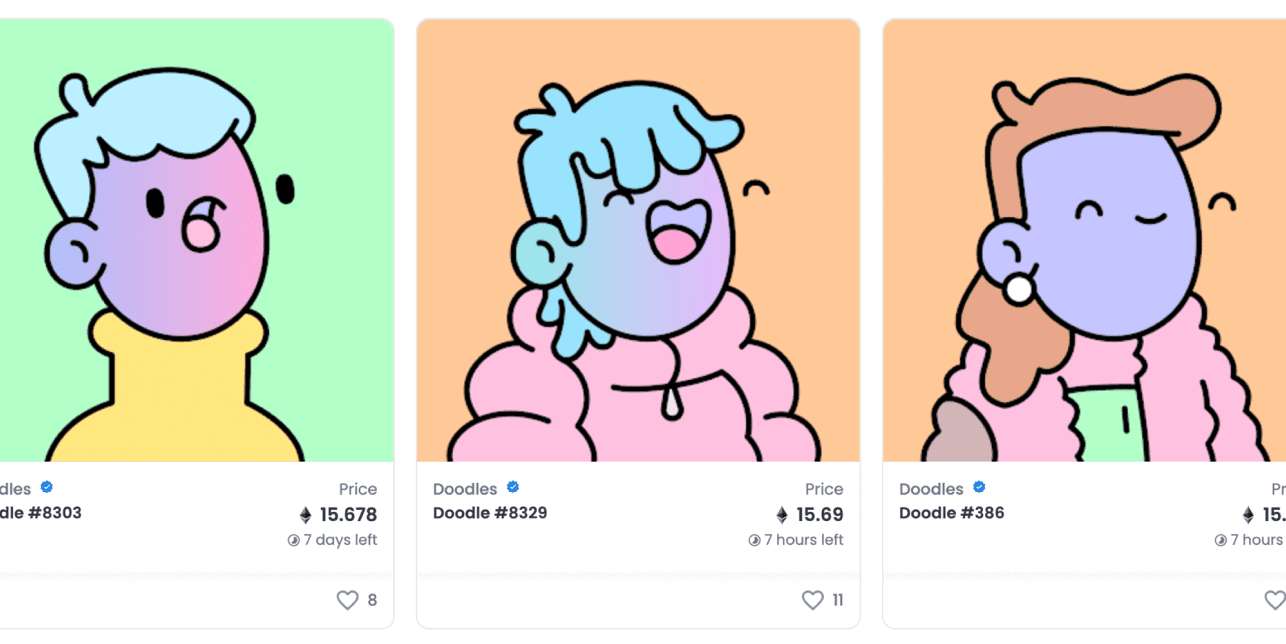
What NFTs are

NFTs, or Non-Fungible Tokens, are unique digital assets stored on a blockchain, usually using Ethereum. Unlike cryptocurrencies, NFTs cannot be exchanged on a one-to-one basis because each token is distinct and has its own value.
They are used to represent ownership of specific digital items, such as art, music, virtual real estate, or collectibles. NFTs have gained popularity for their ability to provide verifiable ownership and provenance of digital assets, allowing artists and creators to sell and monetise their unique creations directly to collectors and fans.
NFTs can come in a wide variety of different formats, including:
Digital Artwork:
The most popular format, featuring collections like CryptoPunks and Bored Ape Yacht Club (BAYC) avatars, owned by celebrities.
Music:
Musical artists are realizing the increased earning potential of selling their art as NFTs, compared to the lower revenues from music streaming.
In-Game Items:
More in-game items, characters, and skins are being introduced as NFTs, providing players with unique ownership.
Memes:
Original creators of popular memes have embraced NFTs, leading to impressive sales figures, such as Nyan Cat selling for nearly USD€600k.
Domain Names:
In the past, selling sought-after domain names required involving third parties who took a commission. However, selling them as NFTs eliminates the need for intermediaries.
Fashion Items:
Virtual, exclusive fashion items for digital avatars are now available for purchase. For instance, a virtual Gucci bag was sold for USD€4k, surpassing the price of the physical bag with the same design.
Sporting Moments:
NBA Top Shot's success is inspiring other sports to follow suit, offering collectors ownership of stills and short clips capturing game-winning shots, historical moments, and more.
These examples represent just a glimpse of the diverse formats present in the world of NFTs. Virtually any digital file can be transformed into an NFT, opening up endless possibilities.
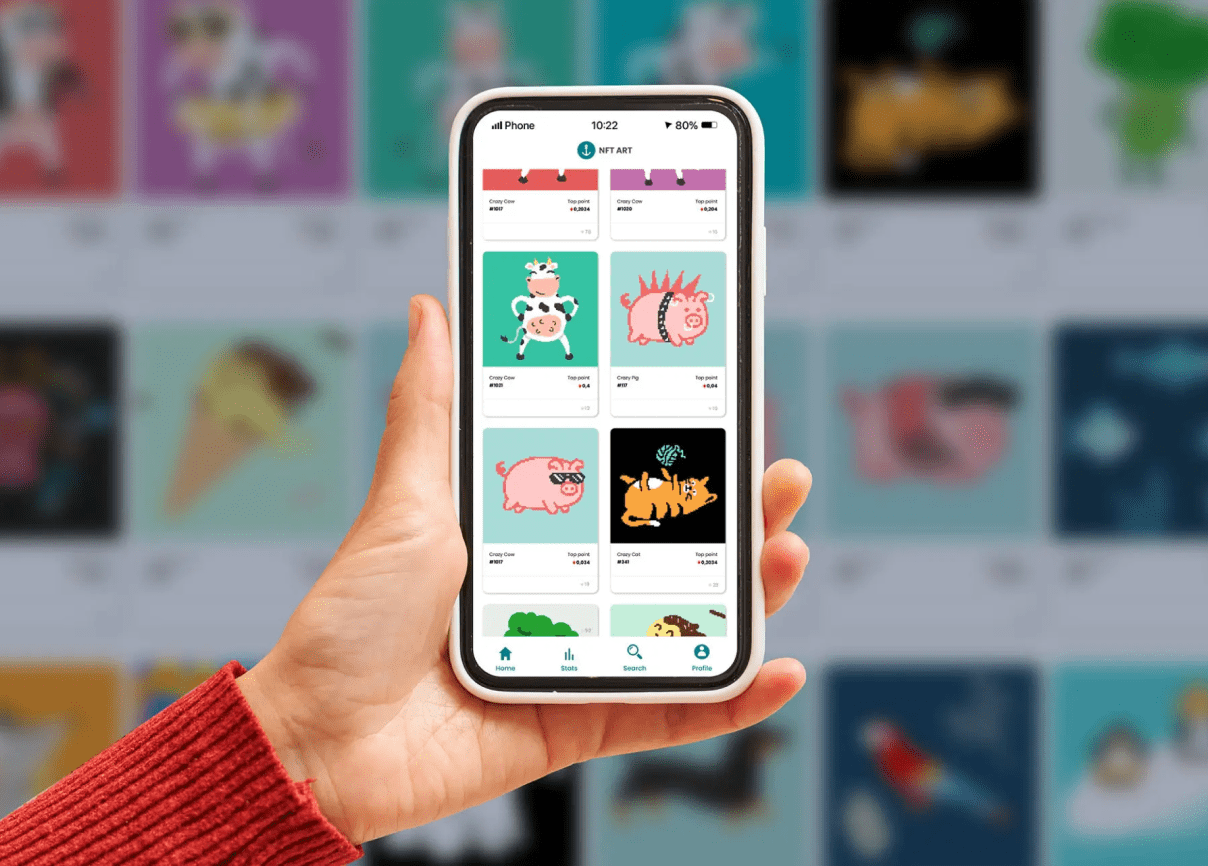
How NFTs work

NFTs, like cryptocurrency, are stored on a blockchain, which acts as a digital ledger recording all transactions involving NFTs and crypto assets.
Rather than being centralized, this blockchain information is distributed across the computers of all participants in the specific blockchain network, ensuring it is extremely difficult to manipulate or falsify data.
Ethereum is commonly the preferred blockchain for NFTs. Nevertheless, other blockchains have also acknowledged the significance of NFTs and have developed their own support for these unique digital assets in recent times.





